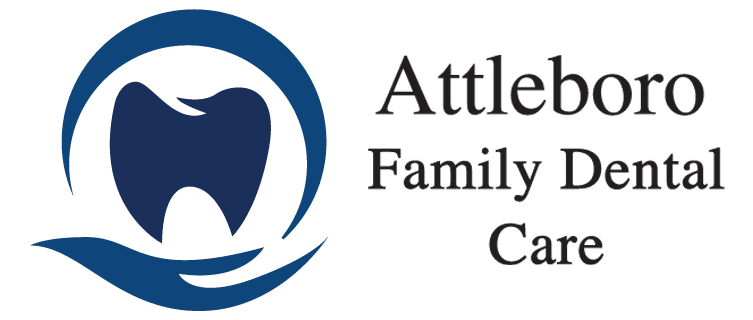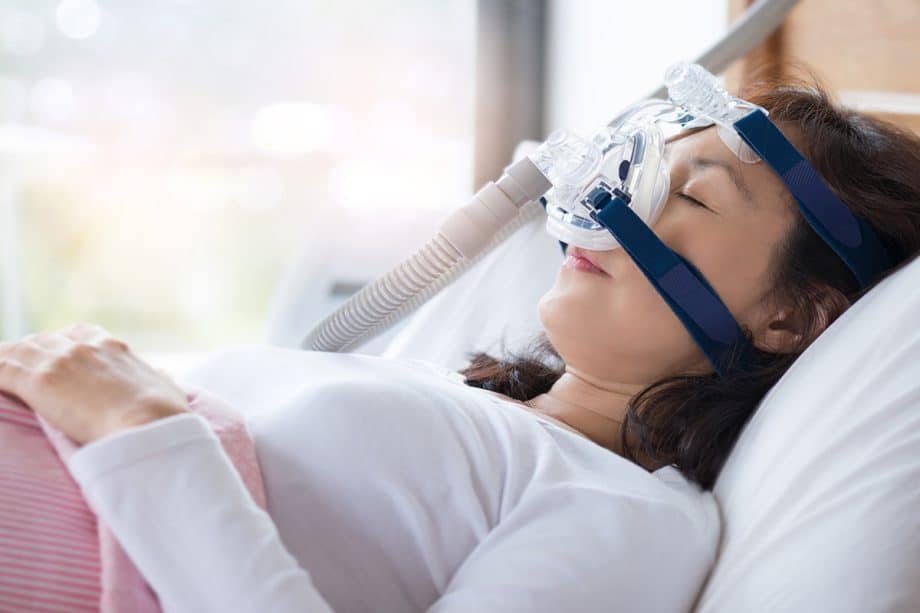A good night's sleep is essential for your overall health and well-being. It allows your body to rest, recharge, and prepare for the day ahead. However, for millions of people, restful sleep is disrupted by a common but serious condition: sleep apnea. While many associate this disorder with sleep specialists, your dentist plays a crucial role in its initial identification. At our practice, we see your oral health as a window into your general health, and we are often the first line of defense in spotting the subtle signs of sleep-disordered breathing.
Many patients are surprised to learn that their regular dental check-up can uncover clues related to their sleep quality. During your visit, we do more than just check for cavities and gum health. We conduct a comprehensive examination of your entire oral structure, which can reveal indicators of underlying health issues. Understanding how we can help is the first step toward getting the treatment you need for better sleep and improved health.
We Screen for Physical Risk Factors
One of the most important ways we help is by identifying the physical traits and risk factors associated with sleep apnea. Your anatomy plays a significant role in how well you breathe while you sleep. We are uniquely positioned to evaluate the structures in and around your mouth that can contribute to an obstructed airway.
During a routine examination, we look for specific signs. For instance, a large tongue, a thick neck, or a narrow upper or lower jaw can make you more susceptible to airway collapse during sleep. We also check the size and position of your tonsils and your soft palate, the soft tissue at the back of the roof of your mouth. A long or enlarged soft palate can narrow the opening from your nose to your throat, making breathing more difficult. By carefully examining these areas, we can assess your risk level and determine if further evaluation is necessary.
We Recognize the Oral Signs of Sleep Apnea
Beyond anatomical risk factors, we are trained to spot the distinct oral health symptoms that often accompany sleep apnea. These signs can be easy to miss on your own, but they are clear indicators to a dental professional that something might be wrong with your breathing at night.
A common sign is bruxism, or the chronic grinding and clenching of teeth. Many people who suffer from sleep apnea grind their teeth as their body's way of trying to reopen a collapsed airway. This can lead to flattened, worn-down, or chipped teeth. We also look for redness and irritation in the throat, which can be caused by the constant snoring and gasping for air that characterize the condition. Another tell-tale sign is a scalloped tongue, where indentations from the teeth appear along the tongue's sides. This often indicates the tongue is too large for the jaw and is being pushed forward, potentially blocking the airway. When we see these symptoms, it prompts a conversation about your sleep quality.
We Ask the Right Questions About Your Symptoms
Identifying physical signs is only part of our role. We also take the time to talk with you about your experiences and any symptoms you may be having, even those that don’t seem related to your teeth. We might ask if you frequently wake up with a dry mouth or a sore throat, which are common results of breathing through your mouth all night when your nasal passages are blocked.
Furthermore, we’ll inquire about symptoms like loud, persistent snoring, daytime fatigue, morning headaches, or instances where a partner has noticed you stop breathing during sleep. These are classic signs of obstructive sleep apnea. By combining our clinical observations with the information you provide, we can build a comprehensive picture of your situation. If the signs point toward a potential sleep disorder, we can refer you to a sleep specialist for a formal diagnosis and work with them to find the best treatment solution for you.
Your Path to Better Sleep
Your regular dental visit is an opportunity to protect both your oral and overall health. We are committed to providing you with comprehensive care that looks at the big picture. If you are experiencing any of the symptoms discussed, or if you simply feel you aren't getting the restful sleep you need, please share your concerns with us at your next appointment. Our team is here to listen and guide you toward the right diagnosis and treatment, helping you achieve a healthier life and a better night’s sleep.
Frequently Asked Questions About Sleep Apnea
What are the treatment options for sleep apnea?
Once diagnosed, there are several effective treatment options for sleep apnea. The most common is the CPAP (Continuous Positive Airway Pressure) machine, which delivers a steady stream of air to keep your airway open. For those with mild to moderate sleep apnea, or for those who cannot tolerate a CPAP, custom-fitted oral appliances can be an excellent alternative. These devices, which we can create for you, work by repositioning your jaw or tongue to prevent airway obstruction. In some cases, lifestyle changes like weight loss or surgery may be recommended.
Can sleep apnea go away on its own?
Sleep apnea is a chronic condition that typically does not go away without treatment. While certain lifestyle changes, such as losing weight, quitting smoking, or changing sleep positions, can significantly reduce its severity, they may not eliminate it entirely. It is crucial to seek a professional diagnosis and follow a recommended treatment plan to manage the condition effectively and prevent serious health complications, such as high blood pressure, heart disease, and stroke.
At Attleboro Family Dental Care, we are dedicated to providing excellent care that considers your overall well-being. Our team works together to create a comfortable and relaxing environment for every patient. If you have questions about sleep apnea or your oral health, please contact us to schedule an appointment.

